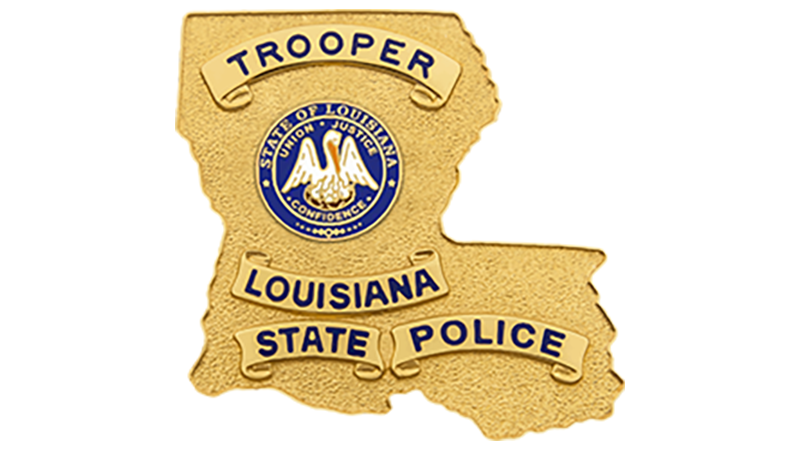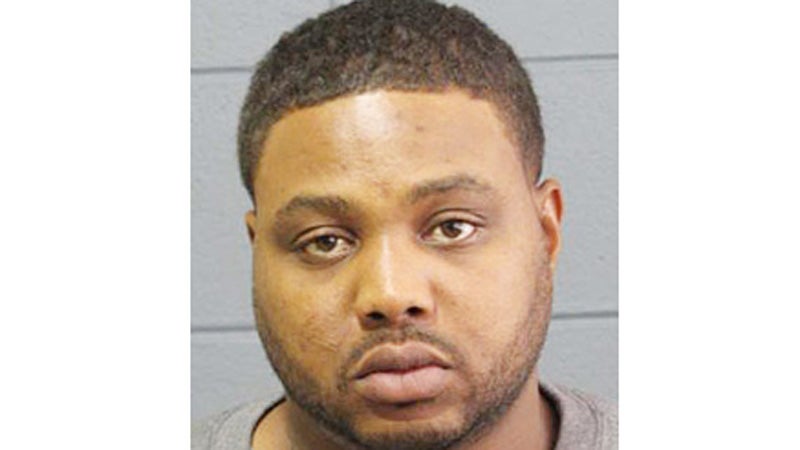Louisiana State Police Joins National ABLE Project
Published 5:00 am Sunday, October 2, 2022
|
Getting your Trinity Audio player ready...
|
Baton Rouge – Louisiana State Police has been accepted into the Active Bystandership for Law Enforcement (ABLE) Project™, Georgetown University Law Center’s national training and support initiative for U.S. law enforcement agencies committed to building a culture of peer intervention that prevents harm.
By demonstrating a firm commitment to transformational reform with support from local community groups and elected leaders, Louisiana State Police joins a select group of more than 215 other law enforcement agencies and training academies both regional and statewide from across North America.
Backed by prominent civil rights and law enforcement leaders, the evidence-based, field-tested ABLE Project was developed by Georgetown Law’s Center for Innovations in Community Safety. In collaboration with global law firm Sheppard Mullin LLP, ABLE provides practical active bystandership strategies and tactics to law enforcement officers to prevent misconduct, reduce mistakes, and promote health and wellness.
ABLE gives officers the tools they need to overcome the innate and powerful inhibitors all individuals face when called upon to intervene in actions taken by their peers.
“Joining the ABLE Project reflects important priorities for LSP,” said Colonel Lamar Davis, Louisiana State Police Superintendent. “While I am proud of the work that we have done to this point, there is much more still to do, and I am convinced that ABLE will provide the training and tools necessary to embrace, promote, and sustain this culture change.”
Those backing the Louisiana State Police’s application to join the program included Governor John Bel Edwards, Innocence Project New Orleans, and the Holy Ghost Catholic Church of Opelousas, who wrote letters of support.
“We understand that law enforcement’s ability to secure and maintain the trust of the citizens of Louisiana is extremely critical,” said Governor Edwards. “I believe that LSP’s effort to secure an ongoing training program will ensure that its personnel understand the culture in which they are expected to operate and how best to serve the community.”
Professor Christy Lopez, co-director of Georgetown Law’s Center for Innovations in Community Safety, which runs ABLE, explained, “The ABLE Project seeks to ensure every police officer in the United States has the opportunity to receive meaningful, effective active bystandership training, and to help agencies transform their approach to policing by building a culture that supports and sustains successful peer intervention to prevent harm.”
Chair of the ABLE Project Board of Advisors, Sheppard Mullin partner Jonathan Aronie, added, “Intervening in another’s action is harder than it looks after the fact, but it’s a skill we all can learn. And, frankly, it’s a skill we all need – police and non-police. ABLE teaches that skill.”
The ABLE Project is guided by a Board of Advisors comprised of civil rights, social justice, and law enforcement leaders, including Commissioner Michael Harrison of the Baltimore Police Department; Commissioner Danielle Outlaw of the Philadelphia Police Department; Dr. Ervin Staub, professor emeritus at the University of Massachusetts Amherst and the founder of the Psychology of Peace and Justice Program; and an impressive collection of other police leaders, rank and file officers, and social justice leaders.
· See the complete list of the ABLE Project Board of Advisors.
· For more information about the ABLE Project, visit the program’s website.
· See a list of the ABLE Standards to which every participating agency must adhere.
ABLE Project Train-The-Trainer events take place every month. By the end of September, Louisiana State Police instructors will be certified as ABLE trainers. Over the coming months, all of the agency’s Troopers will receive 8 hours of evidence-based, active bystandership education designed not only to prevent harm, but to change the culture of policing.
For more information on the ABLE Project, review the program’s website at: law.georgetown.edu/ABLE






